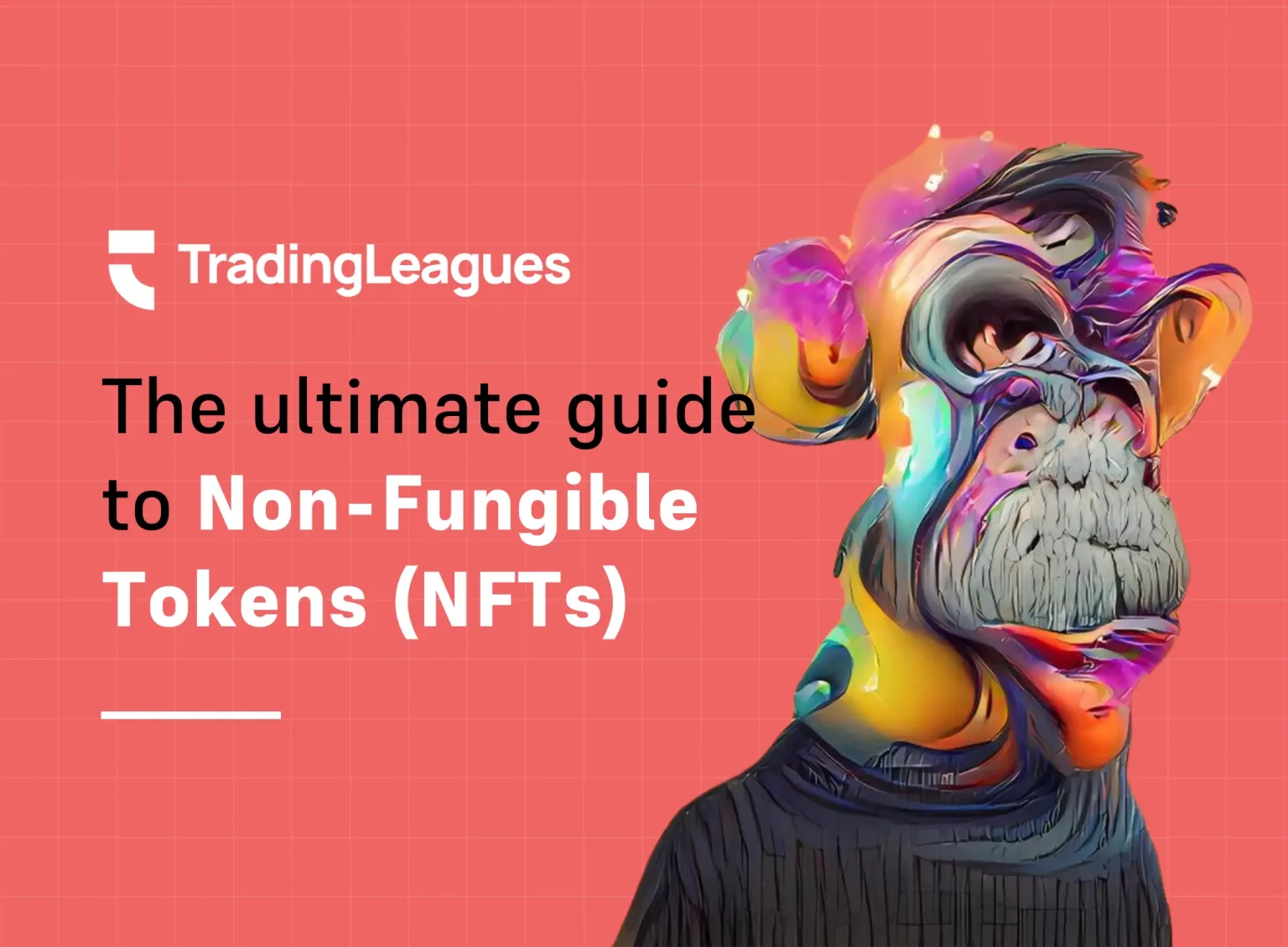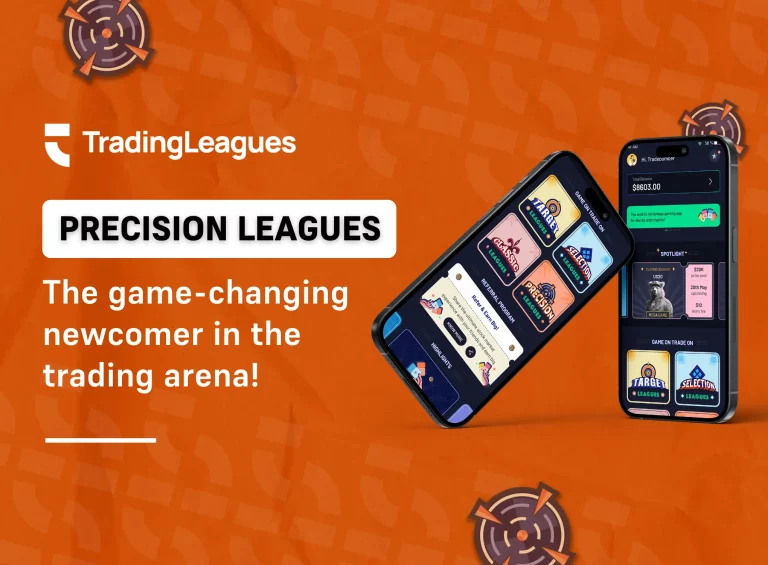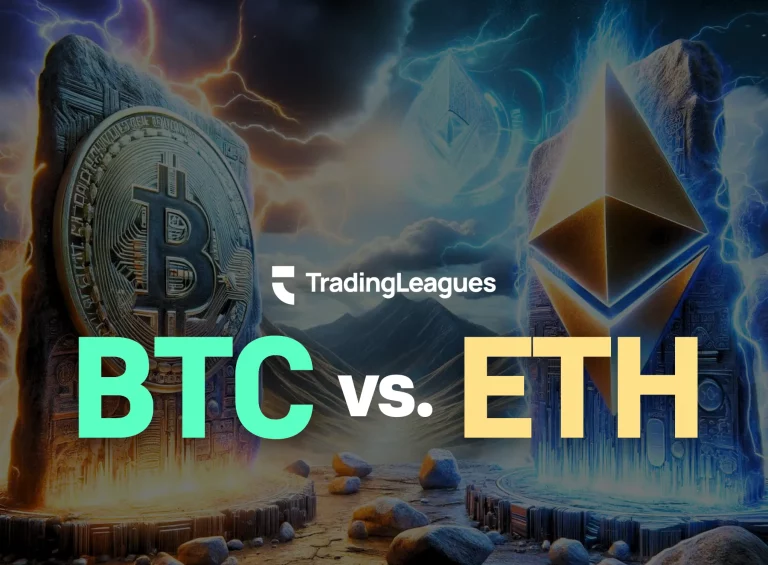In the ever-evolving digital landscape, Non-Fungible Tokens (NFTs) have emerged as a groundbreaking innovation, transforming how we perceive ownership and value in the digital realm. This comprehensive guide demystifies NFTs, exploring their significance, how they work, and their potential impact on various industries.
NFTs, or Non-Fungible Tokens, are unique digital assets verified using blockchain technology, ensuring authenticity and ownership. Unlike cryptocurrencies like Bitcoin or traditional money, which are fungible, meaning each unit is the same as every other unit, NFTs are one-of-a-kind. This uniqueness opens up new possibilities for digital ownership, from art and music to virtual real estate and beyond.
How Do NFTs Work?
NFTs operate on blockchain technology, primarily on platforms like Ethereum, which supports these assets through its secure, decentralized ledger. When you purchase an NFT, you acquire a digital certificate of ownership for a specific digital item. This certificate is immutable, meaning it cannot be altered or duplicated, providing a level of security and authenticity previously unattainable for digital items.
The Value of NFTs
The value of an NFT lies in its uniqueness and the market’s demand. Factors influencing an NFT’s value include the creator’s reputation, the asset’s uniqueness, its utility within a digital ecosystem, and its historical significance. This valuation method marks a significant shift from traditional digital assets, which lacked scarcity and ownership verification.
NFTs in Various Industries
NFTs have found applications across multiple sectors:
- Art and Collectibles: Artists and collectors have embraced NFTs, enabling digital art ownership in a way that was not possible before, creating a new digital art market.
- Gaming: NFTs are revolutionizing the gaming industry by allowing players to own unique in-game items, characters, or even virtual land.
- Music and Entertainment: Musicians and filmmakers are using NFTs to distribute content directly to fans, offering exclusive access or content.
- Real Estate and Virtual Worlds: NFTs are facilitating the ownership of virtual real estate in digital worlds, paving the way for entirely new economies.
The Future of NFTs
The potential of NFTs extends beyond current applications. As the technology matures, we may see NFTs impacting identity verification, supply chain management, and more, offering a new layer of functionality to digital transactions.
Risks and Considerations
While NFTs offer exciting opportunities, potential buyers should be aware of the risks, including market volatility, environmental concerns related to blockchain technology, and the need for due diligence to avoid scams.
Conclusion
NFTs represent a significant shift in the digital economy, redefining what it means to own, buy, and sell digital assets. As we continue to explore this new frontier, the possibilities seem limitless. Whether you’re an artist, collector, gamer, or simply curious about the future of digital assets, NFTs offer a fascinating glimpse into the potential of blockchain technology to reshape our digital lives.
Stay informed, and perhaps you too can participate in the burgeoning world of NFTs, a true testament to the innovation and creativity of the digital age.






